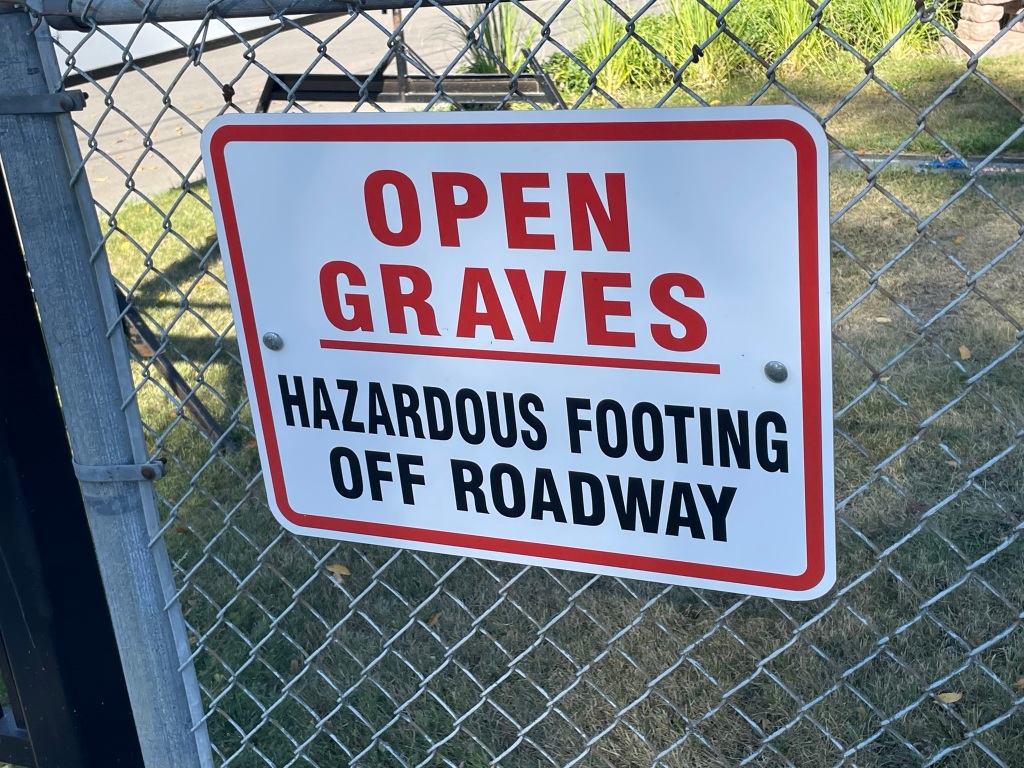The subtitle of this book is A love poem for Raymond Souster, the Torontonian banker-poet who published more than 50 collections of poetry and founded Contact Press. Although there isn’t a Preface elaborating a little more upon their bond (and I do wish there was), the back jacket descriptor tells us that author Donna Dunlop “became close friends” with Souster “during the final decade of his life.” Well, they seem a little closer than just close to this reader and that’s lovely. Many older male Canadian poets seem to have been adopted in a sense by younger female poets later on in life: Pete Trower and Heather Haley for instance, myself and Joe Rosenblatt, Pat Lane and likely a bevy of them 😉 And obviously I don’t mean the relationship was necessarily sexual, but intimate, collaborative, supportive in many ways that sustained the older poet into his 70s, 80s, and even 90s as with Ray.
It’s a bit weird to review a long elegiac love poem. At it’s core a personal missive it is a means, as Dunlop admits at the end, for the griever to keep living: “If I were / to stop writing/ these poems to you/would my life end ?/ I think so.” And yet if it were just a mode of sentimental therapy, I wouldn’t bother critiquing it at all. For the most part, this book-length series of fragmented recollections of a poet, now legally blind and struck down with cancer, at the close of his long and productive life is moving due to the fine resonances of Dunlop’s musically-honed ear: “Stung and stunned/I blanked her words out…/until the next morning/when I came to your softly lit room/and your breath-gone body” or “The first spring/without you here to sing -/but your words gave them/ a second, more meaningful life/especially that somewhat/scraggly one tucked in close/to the front of your house.” Here there is a sophistication in the sonority; elsewhere, Dunlop can become overly chiming, rhyming “moon/blue/hue/through/rendezvous/1962” in practically as many lines. It’s a real challenge to balance one’s own grieving preoccupations with what a reader might find compelling. His musical faves? Fascinating. Whether he liked to drink Canada Dry or Cotts’ ginger ale? Not so interesting. And yet, mourning is completist. How can anything be cut when one wants to proffer as complete a picture of the beloved’s life as possible?

And thus also, the repetitions that haunt in relation to the “black telephone” whose number is dialled even though Dunlop knows that her poet-love “will not ring again/with [his] voice at the other end.” And even sometimes the awkward strains toward images that will encompass their unique connection. They are clinging to each other like “two sailors/on the high seas” or he is like “a line of birds.” The most stirring passages for me are in the hospital or care home where nurses are turning him or the concern is for lost orthotics or he is walking the night-time corridors with his radio playing low. And then, he dies and Dunlop is left asking a “solitary robin” the question “are you Ray?” even though she knows that “Ray was a sparrow.” Beautiful. And necessary. Dear Ray is a worthy homage and an essential read for anyone who has lost a deep love to time.
Nice piece, Catherine. Some very true observations about mourning. Thanks for writing this.
Derek
<
div dir=”ltr”>
<
blockquote type=”cite”>
LikeLike